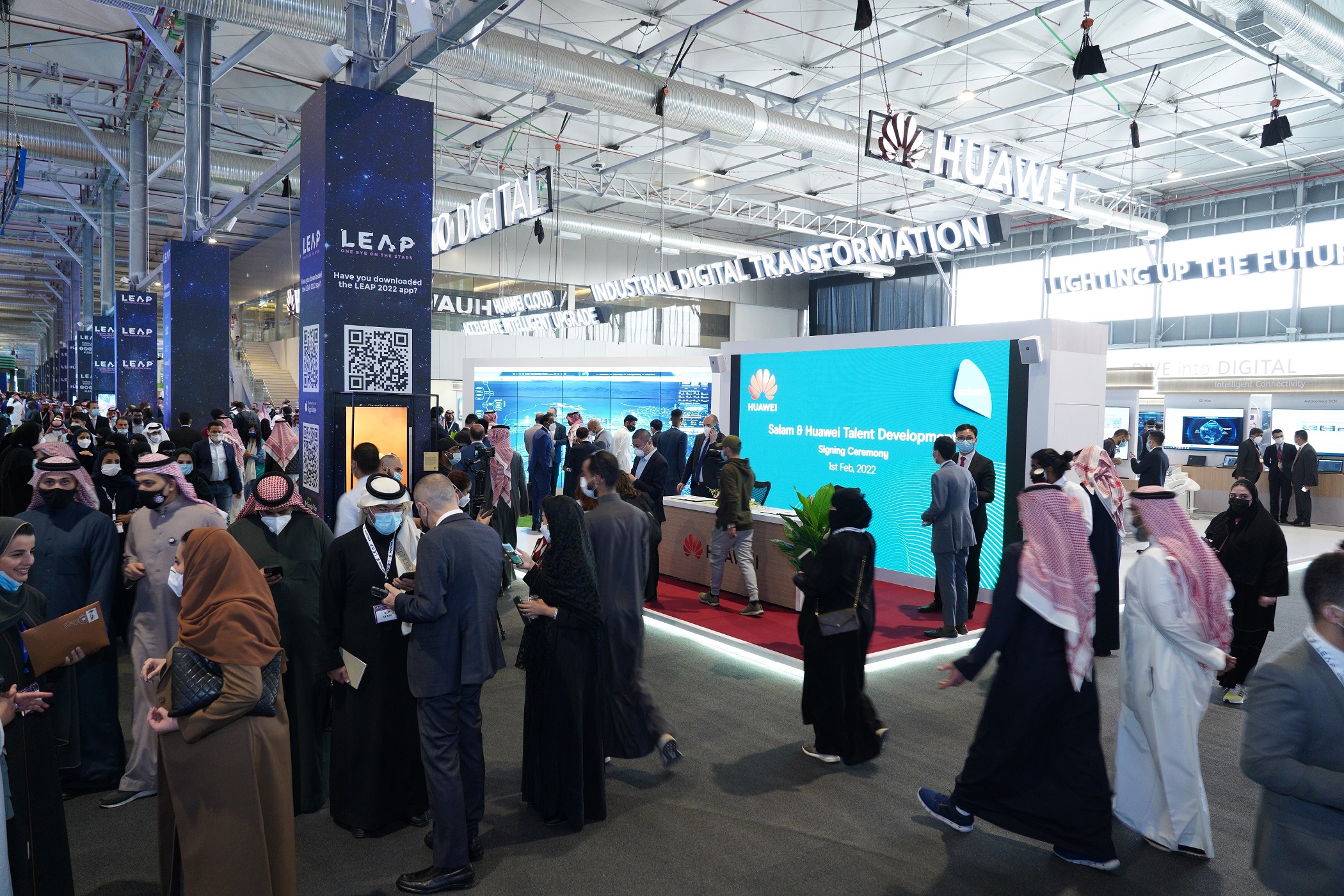Thirty percent of CIOs in the Gulf Cooperation Council (GCC) are now scaling and refining the results of their digital initiatives, according to Gartner’s annual global CIO survey. This is an increase from 27 percent last year.
Digital has become a paramount focus for local CIOs in 2019. “Digital business has reached a tipping point among GCC CIOs,” said Partha Iyengar, distinguished vice president and research analyst at Gartner. “Not only are more local CIOs applying their digital initiatives at scale, but 32 percent of them are positioning digital initiatives as their No. 1 priority for 2019 ahead of operational excellence (27 percent).”
Gartner analysts presented the survey findings during Gartner Symposium/ITxpo 2019, which is taking place here until Wednesday. The 2019 Gartner CIO Agenda Survey gathers data from 3,102 CIOs, including 106 from the GCC.
The GCC sample represents $283 billion in revenue/public-sector budget and $7.8 billion in IT spending. IT budgets in the GCC are projected to increase, on average, by 2.8 percent in 2019.
The increase in CIOs scaling their digital business initiatives enables their organizations to change business models and look to IT for help. “Scaling of digital business makes business model change inevitable,” said Iyengar. Forty-one percent of GCC CIOs report that their organizations have already changed business models or are in the process of doing so. The CIO’s role in the business model change is pivotal. “Sixty percent of respondents in organizations experiencing business model change are taking the leading role or are heavily involved in that change,” added Iyengar.
For 32 percent of GCC organisations making a business model change, the major driver is evolving consumer demands, which include reacting to culture changes and preserving brand reputation. The survey showed that GCC CIOs are focusing their efforts on improving the customer experience by making engagement with their organisations easier (62 percent), and using digital business to reduce service costs (46 percent).
Spending on disruptive technologies will increase this year, and IT budgets in the GCC are projected to rise, on average, by 2.8 percent in 2019. Artificial intelligence (AI) is identified as the No. 1 game-changing technology in 2019 by 38 percent of GCC CIOs. Data analytics is at No. 2, identified by 22 percent of respondents.
“There are some interesting use cases of AI emerging in the market,” said Iyengar. “For example, the Knowledge and Human Development Authority (KHDA), Dubai’s regulator, is working with an AI start-up in using AI and machine learning to predict students who are at risk of dropping out, to estimate the employability of graduates and even a teacher’s chances of success in a school. This becomes an important initiative in light of the broader long-term “Emiritisation” effort of the UAE government to develop and deploy local skills.”
Deployment of Cybersecurity in 2019
“Cybersecurity is, today, a given and is the responsibility of the CIO. Forty-four percent of GCC CIOs are accountable for cybersecurity in their organisation,” said Iyengar. The survey also found that 86 percent of GCC respondents have already deployed cypersecurity or plan to do so in the next 12 months, which is an increase of 26 percentage points year over year. However, cybersecurity is still seen predominantly as a “technology” issue within the GCC. “CIOs need to work with their business stakeholders to sensitize them to the fact that cybersecurity is very much a ‘business risk’-related issue and give it the required focus and importance,” concluded Iyengar.









Discussion about this post